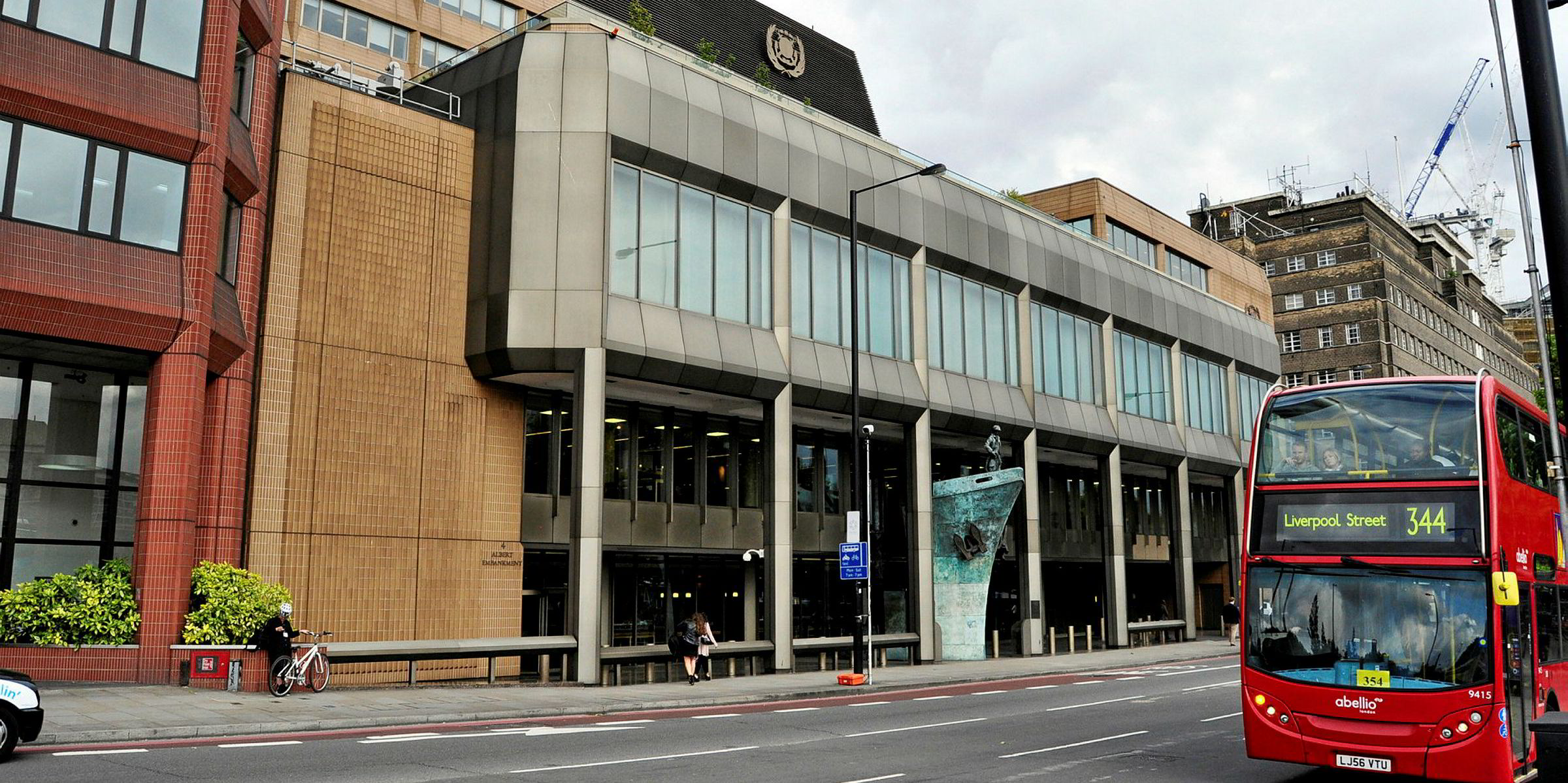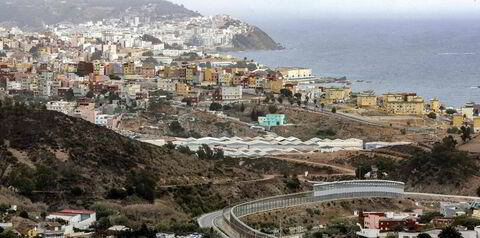A coalition of environmental groups has voiced deep disappointment with the IMO's failure to move forward on mandatory speed limits last week.
The Clean Shipping Coalition, which is made up of green groups with consultative status at the IMO, said the treaty body showed a lack of progress and "low ambition".
"Two years after agreeing its initial GHG [greenhouse gas] strategy, a meeting of the UN maritime agency, the IMO, did little more than review options already on the table and gave far too much time to technical measures that will deliver too little too late," the group said.
TradeWinds reported on Friday that the IMO has set aside proposals for mandatory slow steaming and will instead turn its attention to a goals-based approach based on technical and operational measures.
The UK Chamber of Shipping has hailed the approach because it should provide more flexibility and incentivise innovation.
But members of the Clean Shipping Coalition claim that ship speed is one of the most important factors in ships' GHG emissions.
“The importance of speed reduction in cutting ship GHG emissions in the short-term is woven into the fabric of many of the proposed measures," said John Maggs, senior policy advisor at Seas at Risk, which is a member of the coalition.
"The challenge as we go forward is to ensure that this most straightforward of approaches is taken up and implemented in such a way that all ships contribute speed-related emissions savings.”
He added: “The reason we're so keen on speed is because we know that even now…you could slow down by quite modest amount and achieve big emission gains.”
While some industry players reckon that vessels should be allowed to sail at faster speeds if they can reduce emissions via other means, the view among those environmentalists is that GHG from international shipping can only peak soon when mandatory speed limits are adopted.
“What the IMO is discussing at the moment is a short term measure. The only way you can significantly reduce the emissions in the short term is if ships slow down,” Maggs said.
“The emission gains from efficient ships slowing down are just as important as those from inefficient ships.”
Faig Abbasov, shipping manager from Brussels-based Transport and Environment, suggested his organisation would look beyond the IMO to cut emissions from vessels.
“Since the IMO has shown no ambition to do what they are supposed to do, we will have to work a lot with the European Union to implement European measures to cut down on emissions from European shipping and drive the technology."
Benefits of slow speeds
Ahead of the IMO working group's meeting last week, the two members of the Clean Shipping Coalition issued a report showing an array of benefits from reducing ships' speed.
The report, commissioned by Seas at Risk and Transport and Environment, shows that a 10% to 20% reduction in vessels speed could, in addition to cutting carbon dioxide emissions, lead to reduction of other air pollutants, as well as fewer collisions with whales and less noise.
Despite environmental groups' dismay at last week's meeting, the IMO's procedural moves may not take speed limits entirely off the agenda.
"Speed limits in will return on the IMO agenda, in my conviction, as it's a relatively easy measure to cut GHG emissions on the short run, where easy and affordable options for the short run are scarce," Rico Luman, a senior economist covering transport and logistics at Dutch banking giant ING, said on LinkedIn.




